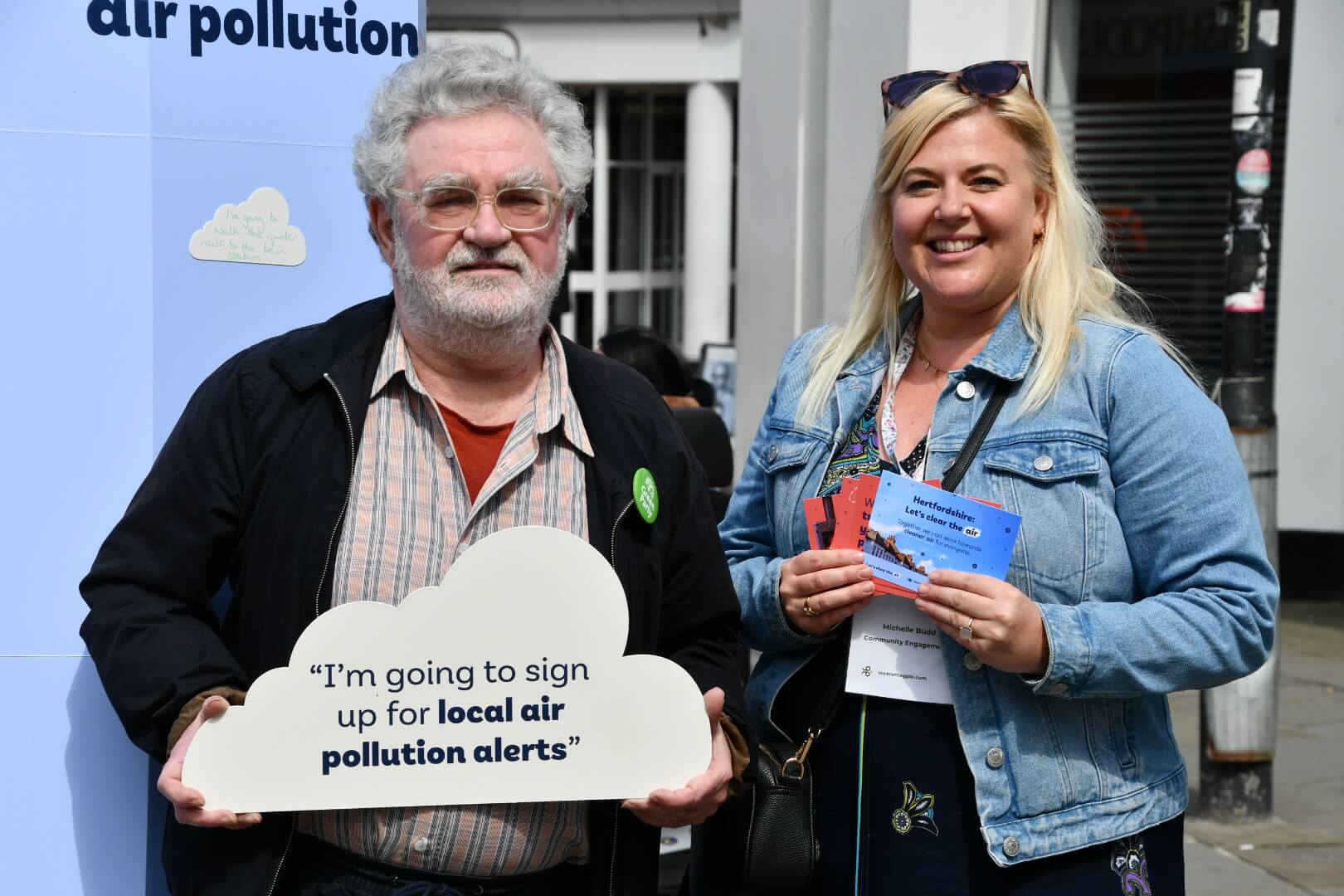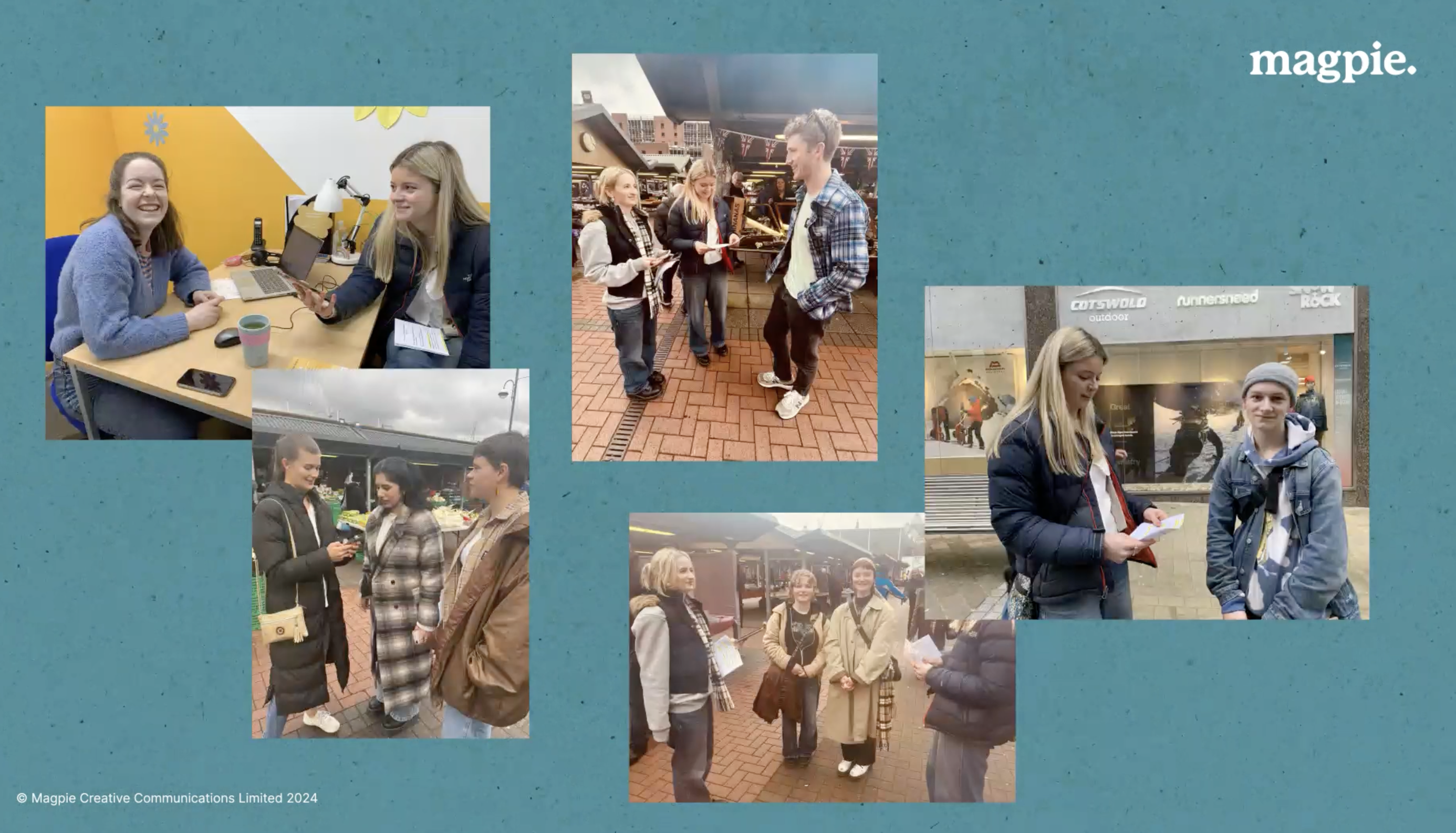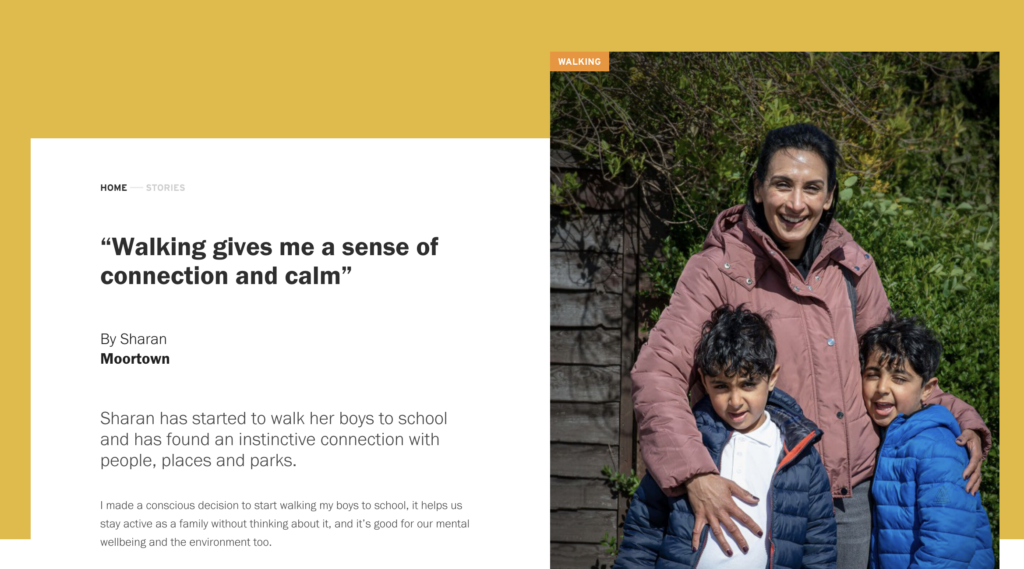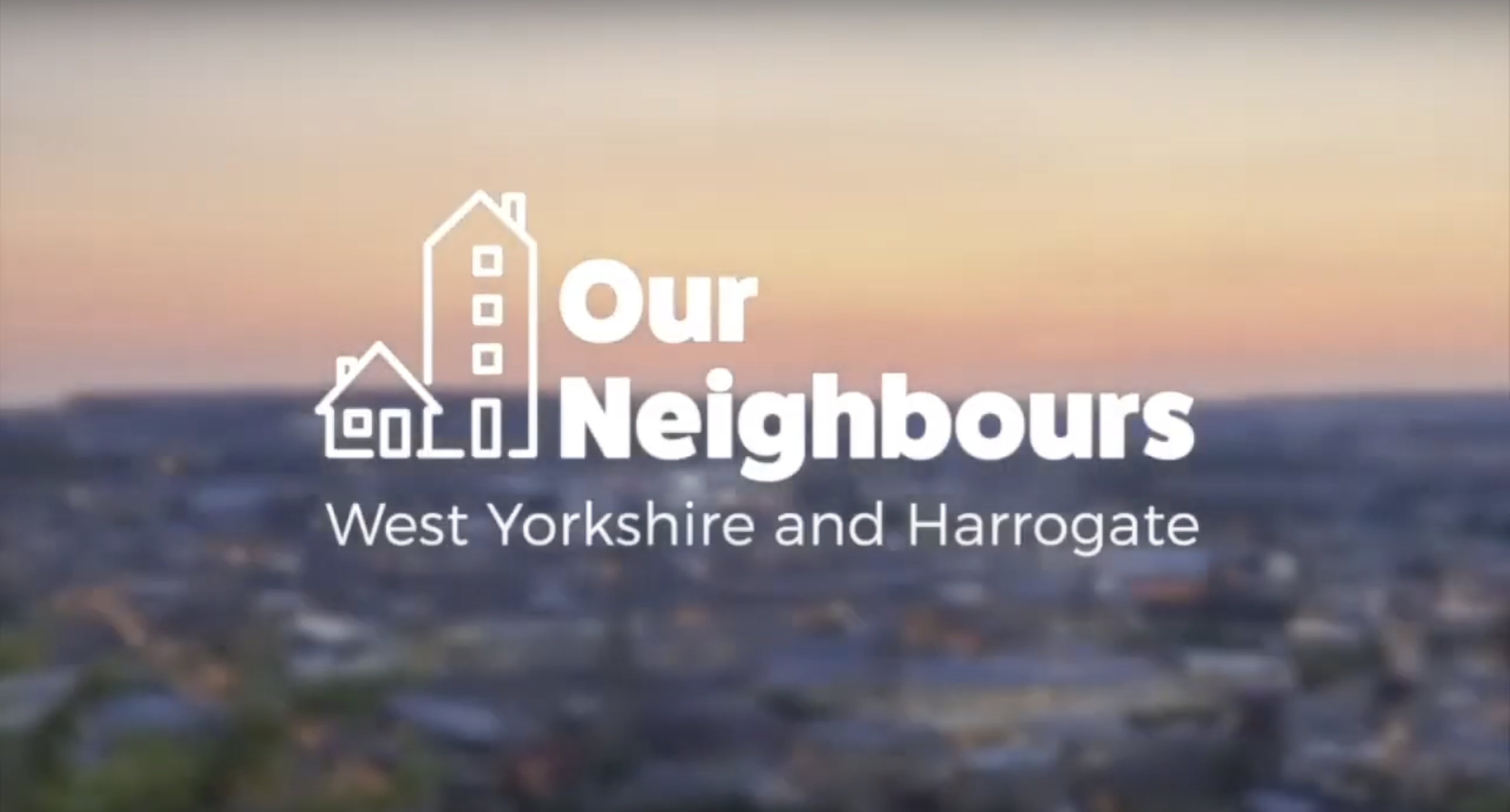At Magpie, ‘community collaboration’ is about knowing where our knowledge and expertise start and end. Working in partnership with those (clients, communities, services, influencers, practitioners, creatives, volunteers, leaders) who are experts in their local place in order to achieve greater impact together.
This includes collaborating with communities to co-create and launch campaigns together, understanding the strength of organisations in an area through Assets Based Community Development (ABCD), and working in partnership with local stakeholders, partners and influencers. Adding social value and creating new opportunities locally.
We are all about co-creation: fostering empathy, collecting ideas, structuring information together, learning about and understanding needs, and discovering solutions with our target audiences. Appreciating and learning from the lived experience of others and activating campaigns from the ground up.
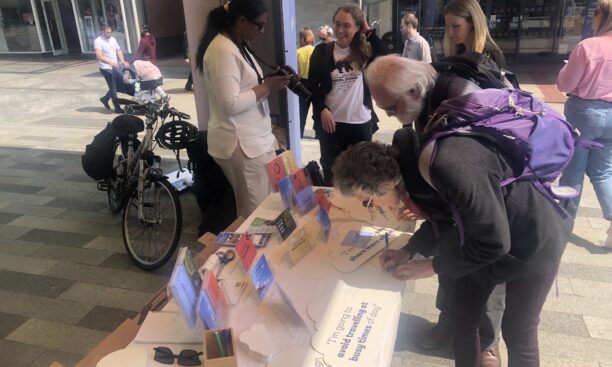
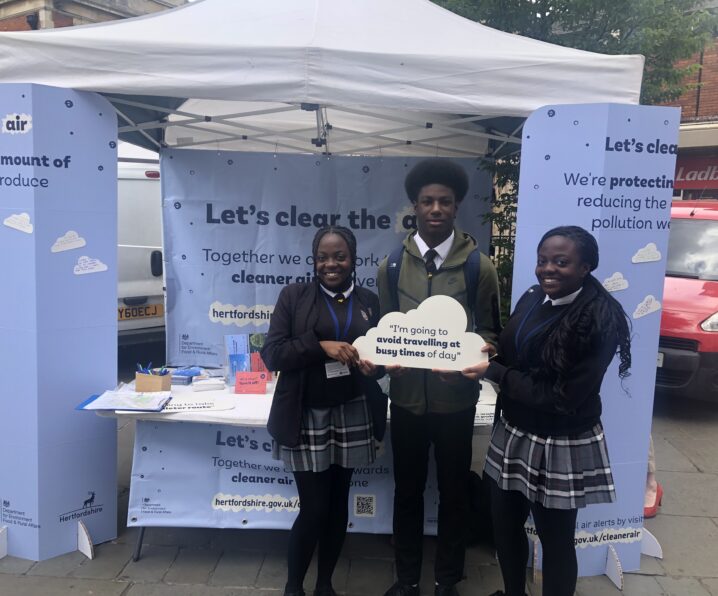
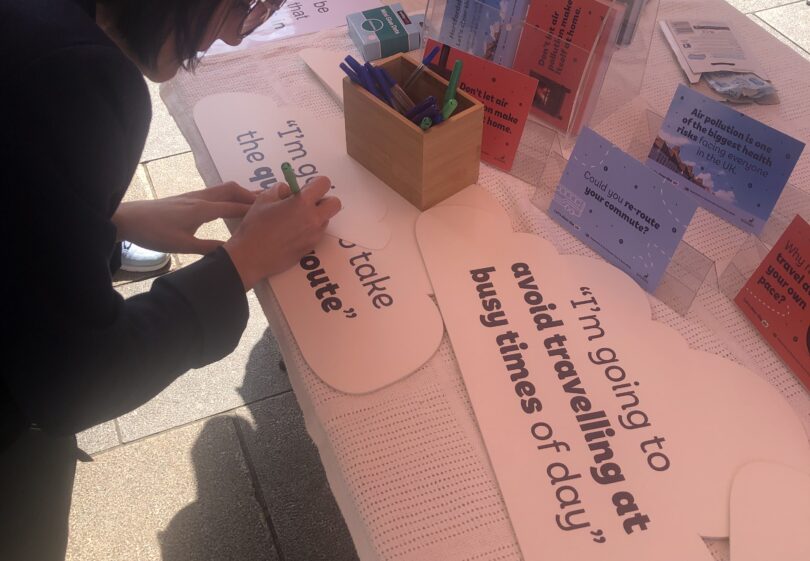
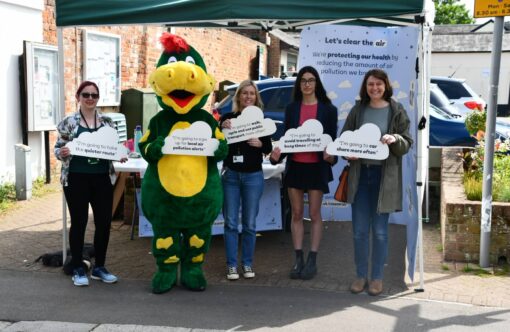
So what do we mean by ‘lived experience’ and why is it so important?
Lived experience is very simply the first-hand experience that someone has, the knowledge they’ve gained through their exposure to, their participation or involvement in different life experiences.
Our Community Collaboration team is constantly out and about learning about people, and places and gaining first-hand accounts of the experiences of populations. This enriches our work and helps us understand the real-life impact of our projects. We capture this in many creative ways including case studies and real-life stories through photography, quotes, films, animations, art, diary entries, observations and testimonials – all of which paint a rich picture and add to our campaign strategies, key messages, calls to action, content and evaluations.
Here we have an example of how collecting public opinion using vox pops within specific demographics can inform and shape our proposal process, tapping into public opinion and allowing their voices to be heard.
Promoting lived experience as a key phase of our campaign strategy fuels our aims to make campaigns real and relatable. By tuning in to real-life stories, having social modelling and storytelling together – lived experience is very powerful when it comes to making those unique connections with a target audience, and the wider community around us.
This increases meaningful engagement and impact – ultimately making the goal of behaviour change more relatable to the people it serves and very importantly more achievable. Over time, we’ve perfected how we use lived experience to inspire populations to take action towards, or maintain, their desired behaviour.
For example – telling people to engage in Active Travel makes less impact than hearing from people who actually do it, their reasons, their motivations and their benefits.
These stories, taken from ‘Walk it. Ride it’ – a campaign to promote active travel for Leeds City Council, has been effective in inspiring more people to walk and cycle on their own journeys. At first glance, they look like stories that are easy to capture. However, it can take time to build rapport in a community, recruit willing participants, understand the stories that will and won’t work and find the location to capture footage or photographs. This one example involved asking lots of connections for callouts through local schools, and community hubs and posting on local social groups to get people to register their interest. We had to tap into some key networks of people to find people who may be interested.
Planning for lived experience
It’s often necessary to navigate other people’s commitments, time schedules and levels of interest and therefore you have to be empathetic to the fact participants have their own lives going on and be aware of how much you are asking of them. There are many passionate participants out there who love to share their experiences in order to support others. This can be a reward in itself, but it is important to explore incentives as part of early conversations. Across our projects, incentives have included paid opportunities, work experience, training, CV references and certificates, celebration events, film premieres, community donations and vouchers.
Even after 15 years of igniting and maintaining relationships, creating strong connections and developing our toolkits for promotion, incentivisation, permissions, ethics and safeguarding at Magpie, we have found collaborating with communities and gaining lived experience takes time, careful planning and commitment. We have found localising campaigns with lived experience gives a stronger chance of campaign advocacy and efficacy.
Magpie’s principles for community collaboration
- Principle 1 – Identify and understand people’s gifts, talents and skills – Champion where information and learnings can be exchanged to boost a community’s wellbeing. This in turn will strengthen connections and relationships.
- Principle 2 – Seek to hear seldom heard voices – Associations between different demographics of communities should be made broader, making everyday life interactions more inclusive and meaningful.
- Principle 3 – Find your common purpose and common ground – Sharing your own experiences creates stronger bonds in community life and enhances cultural intelligence which supports collective action – people understanding and contributing to community life.
- Principle 4 – Test, learn, evaluate and debrief to understand the social value and impact of any collaboration.
- Principle 5 – Acknowledge & celebrate relationships, connections made, involvement and impact.
Is lived experience possible for more sensitive topics?
For some of our more sensitive topics such as gambling harms, suicide prevention and drug dependency, we have always managed to find advocates and champions for the campaigns. Through talking to those who have been impacted, we really do feel the depths of their despair and struggles, and we are conscious these kinds of conversations take time and respect – to actively listen, really give them that platform to tell their story and honour their story. This helps us truly understand the barriers faced by people living with first-hand experience of these challenges; how any situation can occur, and provides insight into the systems and social expectations we are confronting.
Depending on the topic, participants may not always want to be depicted in their stories and sometimes want to remain anonymous. However, this doesn’t mean their story can’t inspire more people. Our Painkillers don’t exist campaign has helped reduce high-dose opioid prescriptions by 54% and has become a national best practice campaign that relies heavily on anonymised stories to inspire positive action from prescribers and those who are (or have been) dependent.
What role can lived experience play during times of political or social instability?
Lived experience, hearing unheard voices and community collaboration are arguably more important during times of challenge or instability. Prior to the lockdown, we launched Looking out for our neighbours, a campaign we created to reduce loneliness and isolation and positively impact on the well-being of those in our communities by taking part in small neighbourly activities that make a big difference. By profiling the positive neighbourly acts of others as part of our lived experience strategy, we inspired over 50,000 residents within West Yorkshire to positively impact society – achieving PR Moments ‘Public Sector Campaign of the Year’ as a result.
During lockdown, it wasn’t possible to promote interaction with neighbours, however, we could use the power of lived experience to bring people together during a time of uncertainty and international crisis, at the same time. We created this mini docu-series which reached thousands and gained regional and national media attention. Watch episode one as an example of how lived experience connected people and their experiences during a time when being together wasn’t possible:
Positive benefits of including Lived Experience
- It connects people through empathy, support and advocacy, hearing real-life stories motivates people, raises awareness and can spark passion, inspiring a specific call to action.
- It boosts the campaign’s key messages and brand awareness – feeding content marketing and PR strategies with valuable, relatable and authentic content.
- It supports the idea that ‘behaviour change is possible’, seeing stories told through other people’s perspectives, showing how they dealt with or got through certain situations can make others reflect on their own behaviours, makes adjustments feel more tangible and achievable.
- It’s real and non-judgemental – it’s not telling people what to do, it’s showing people how others live life, opening people’s eyes to what life can be like
- It can touch on people’s emotions, their connections and similarities, through multidisciplinary approaches it can engage all the senses – visual, audial and kinaesthetic media, there are so many ways to involve lived experience to increase the emotional connection to your campaign.
So why is lived experience important?
When we compare the impact of the 1200+ campaigns in our portfolio, we have found that the campaigns that integrate lived experience into the process see a better return on investment.
Lived experience inspires a more engaged population, is a gateway for open conversations around the change people want to see in their lives and celebrates diversity within populations. Target audiences connect with lived experience content on a human level, and find similarities to their own lives, in turn, this inspires positive change. Get in touch if you’d like to know how our Community Collaboration team can increase your impact.
